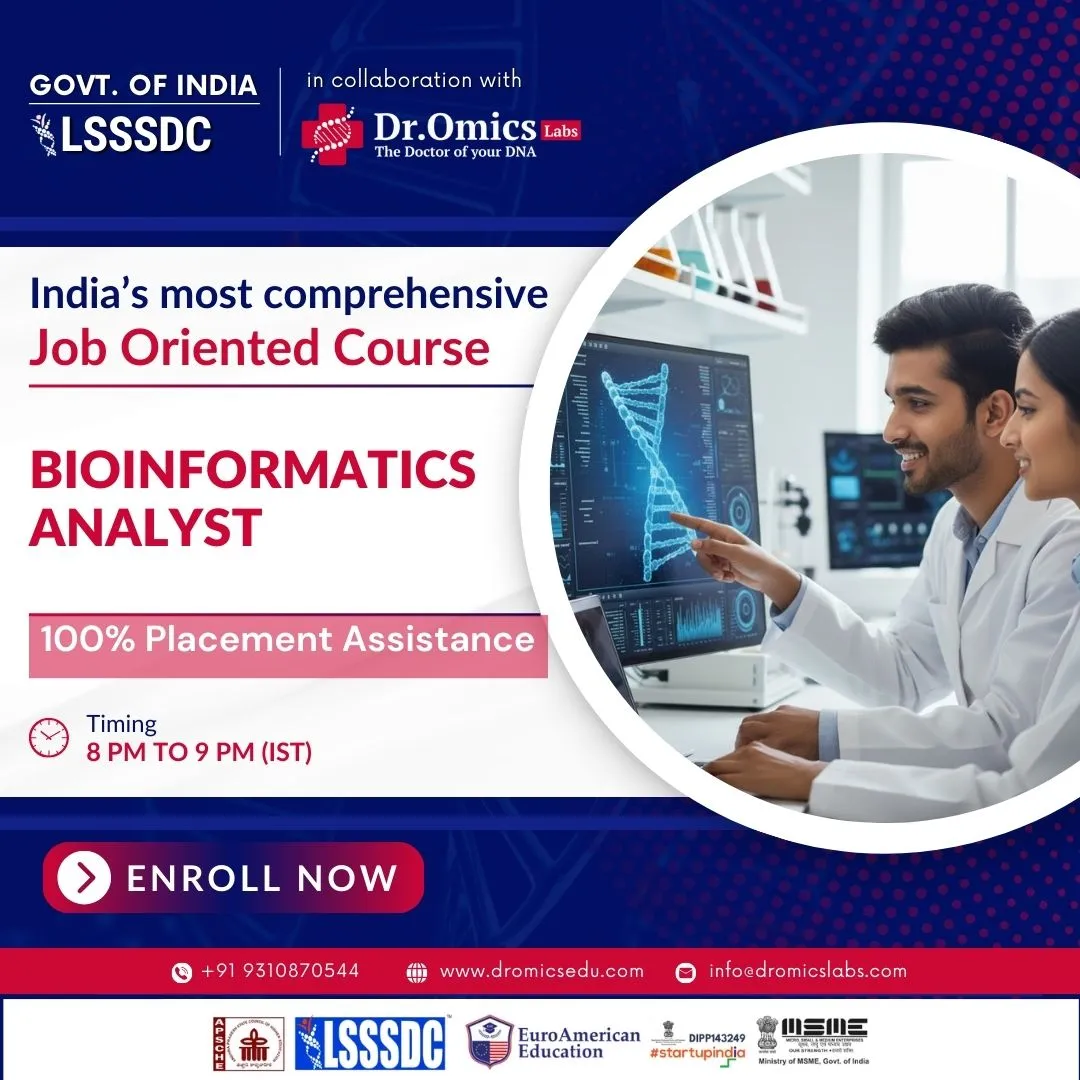Research Summary: Our study explored importin α, a nuclear import protein, as a parasite-selective vulnerability in Toxoplasma gondii and Plasmodium falciparum. Small-molecule inhibitors targeting this pathway impair multiple life stages of their cycle, highlighting the potential as novel antiparasitic therapies.
Author interview

Dr. Manasi Bhambid is a recent PhD graduate from IIT Bombay. She is passionate about scientific discovery and enjoys working with parasites. She is keen on continuing to contribute to scientific research, driven by curiosity and a commitment to advancing knowledge across disciplines.

Lab: Prof. Swati Patankar, Indian Institute of Technology Bombay
Lab Twitter: https://x.com/patankar_lab
What was the core problem you aimed to solve with this research?
Apicomplexan parasites like Toxoplasma gondii and Plasmodium falciparum cause persistent infections, yet treatment remains challenging due to complex life cycles and existing drugs target specific stages. Current therapies target fast-replicating stages which are T. gondii tachyzoites and P. falciparum blood stages. However, very few target the latent stage of T. gondii (bradyzoites) and sexual stage of P. falciparum (gametocytes), leading to relapse of the disease.
A promising but unexplored target was the nuclear import pathway, mediated by importin α, which imports proteins into the nucleus. While nuclear import inhibition has proven effective in antiviral therapies, its potential in parasitic infections remained uninvestigated. Given the reliance of parasites on tightly regulated gene expression for growth and stage conversion, we hypothesized that interfering with nuclear import could disrupt these critical processes in many life cycle stages.
How did you go about solving this problem?
To address the challenge of limited, stage-specific antiparasitic therapies, we focused on importin α. We previously showed that T. gondii importin α exhibits a weaker regulatory property compared to its mammalian orthologs, suggesting a parasite-specific vulnerability. We evaluated small-molecule inhibitors, known to block importin α and cargo interactions in vitro, for their ability to block nuclear import in vivo which would impair parasite growth. These compounds inhibited the fast-replicating stages of both parasites. Notably, stages often resistant to treatment, bradyzoites and gametocytes, were also affected by few compounds in our panel. This validated importin α as a multi-stage drug target.
How would you explain your research outcomes (Key findings) to the non-scientific community?
Our research focused on finding new ways to treat diseases like malaria and toxoplasmosis, which are caused by parasites. These parasites need to move certain proteins into their nucleus to survive. We discovered that the system they use for this, a protein called importin α, has a different property in parasites than in humans.
By taking advantage of this difference, we used drug molecules to block movement into the nucleus. This stopped the parasites from growing, and did not harm human cells at the same concentration. These findings could lead to new, more targeted treatments for these infections.
What are the potential implications of your findings for the field and society?
Our findings identify parasite-specific weaknesses in the nuclear import pathway, offering a new therapeutic target for toxoplasmosis and malaria. Beyond the novelty of targeting this protein, the evidence that it can be inhibited across multiple parasite stages provides strong proof of concept for developing additional molecules that could serve as effective multi-stage treatments.
This research holds promise for peptide-based therapeutic approaches for multiple stages of parasitic infections. Our long-term goal is to collaborate with pharma companies/WHO. – Prof. Swati Patankar
What was the exciting moment during your research?
A particularly exciting moment was discovering that certain small molecules, identified for other purposes, could block nuclear import in these parasites. This opened up the possibility of repurposing existing compounds for antiparasitic therapy, an unexpected but highly promising outcome.
Paper reference: Bhambid, M., Walunj, S. B., Anupama, C. A., Jain, S., Mehta, D., Arya, A., Wagstaff, K. M., Panda, A., Jans, D. A., Mohmmed, A., & Patankar, S. (2025). Importin α inhibitors act against the differentiated stages of apicomplexan parasites Plasmodium falciparum and Toxoplasma gondii. Journal of Antimicrobial Chemotherapy, 80(2), 485–495. https://doi.org/10.1093/jac/dkae434
Explore more
🎤 Career – Real career stories and job profiles of life science professionals. Discover current opportunities for students and researchers.
💼 Jobs – The latest job openings and internship alerts across academia and industry.
📢 Advertise with BioPatrika – Reach the Right Audience, Fast!




